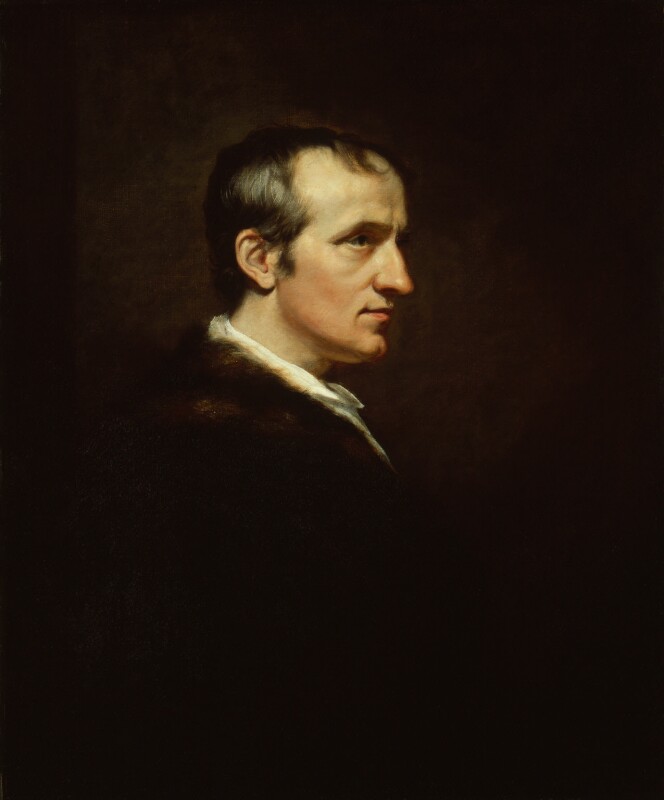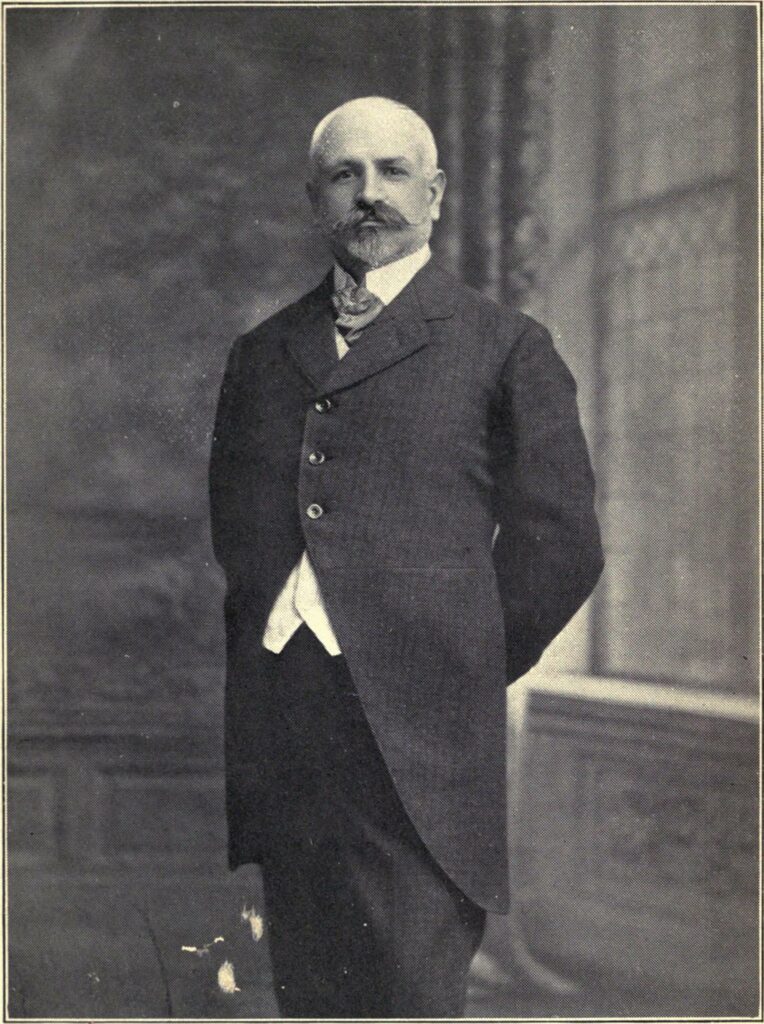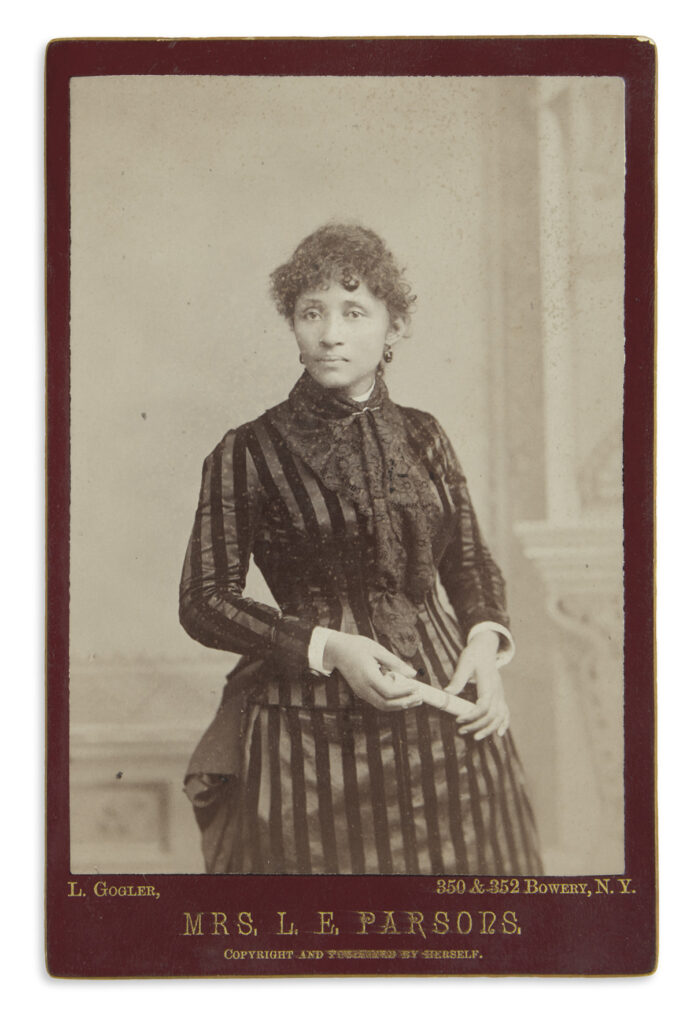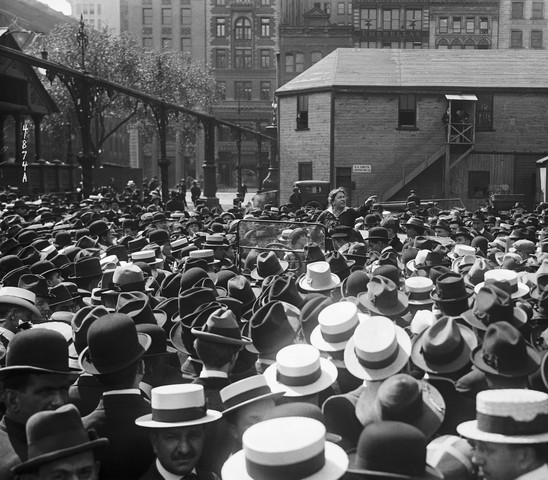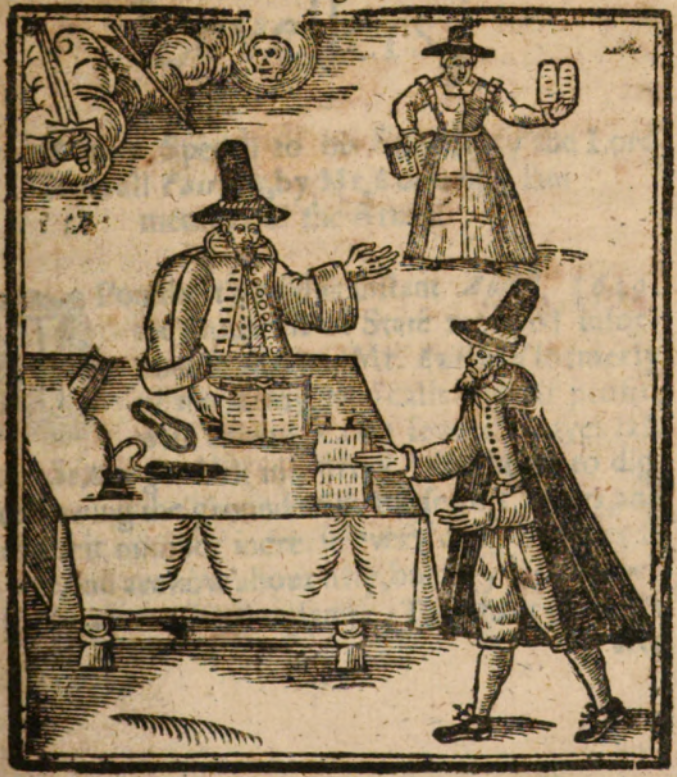
Another dissenting group that emerged as splinter group from the Levellers, the Diggers, advocated for a society based upon localised agrarian egalitarianism. To this end, they sought to repatriate common and private land, rooting their opposition to economic inequality in the belief that common ownership of the Earth was granted universally by god. Notably, the Diggers, despite their radical egalitarianism, opposed another radical political group during this time, the Ranters. The Ranters were a loosely organised, but highly inflammatory, group that centred on a pantheistic conception of the world that completely rejected religious and political institutional hierarchy, abandoned scriptural obedience in favour of ‘perfect freedom, pure Libertinisme’, and demanded that ‘Kings, Princes, Lords, great ones, must bow to the poorest Peasants’. While the anarchist label at this time was no more than a pejorative, the social upheaval of the mid-17th century demonstrably agitated reevaluations of not just monarchy, but broader ideas of liberty, equality, and authority that—through modern lenses—contain anarchistic elements.
